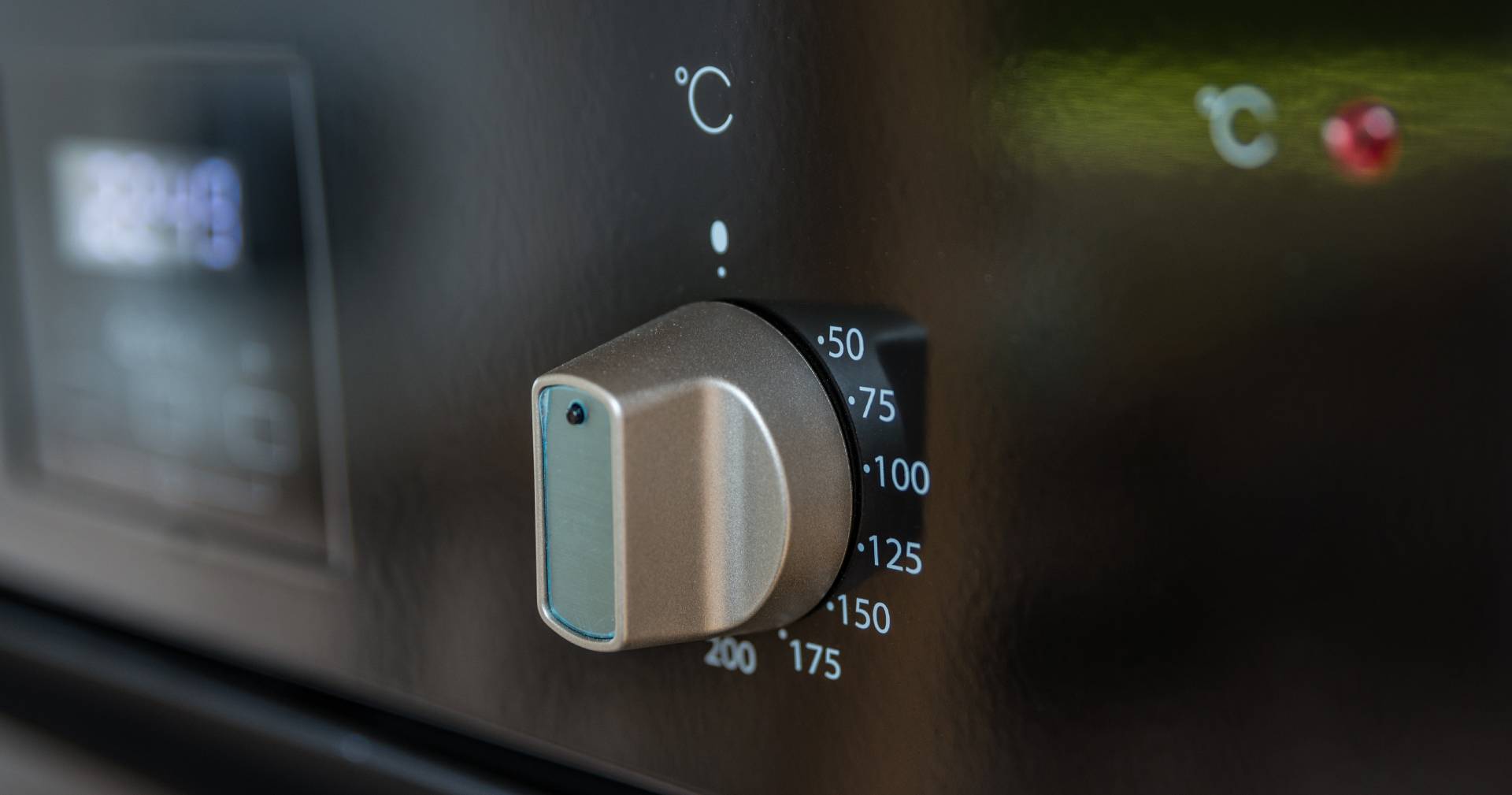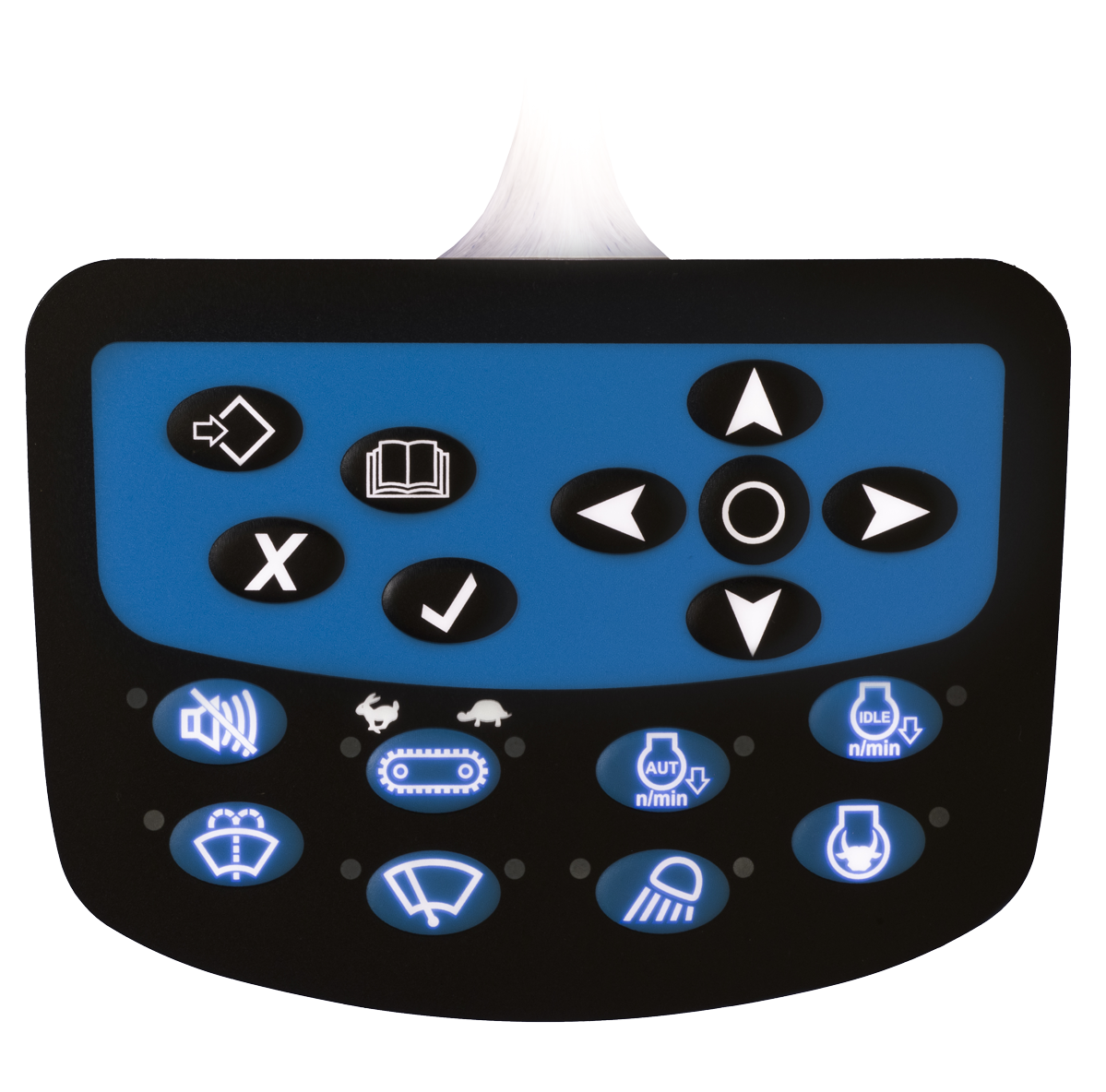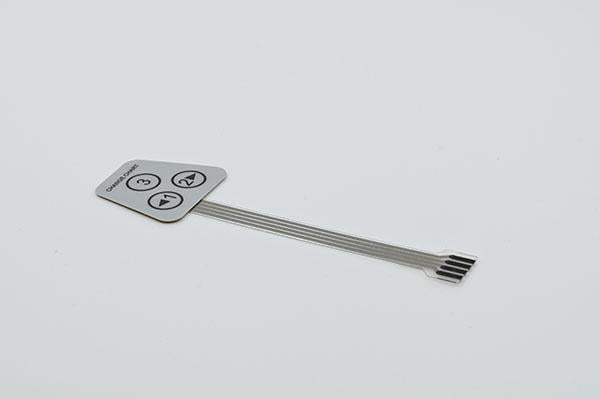How to Choose the Right Membrane Switch for Your Product Design
How to Choose the Right Membrane Switch for Your Product Design
Blog Article
Exactly How Membrane Layer Changes Enhance Individual Experience in Devices
Membrane switches play a pivotal role in enhancing individual experience across different tools by integrating instinctive layout concepts and efficient tactile comments devices. As markets progressively look for solutions that incorporate durability with user-centric layout, the effects of membrane layer switches over warrant further exploration to completely value their influence on contemporary technology.
Improved Tactile Feedback
Improved responsive feedback in membrane layer changes considerably enhances customer experience by giving clear, responsive interactions. This feedback is vital in applications where precision and individual self-confidence are vital, such as clinical devices and industrial controls. By integrating functions such as tactile domes or increased components, membrane layer changes allow customers to really feel a distinct feedback upon activation, thereby minimizing the probability of unintentional inputs.
The assimilation of tactile responses serves to bridge the space between the physical and digital worlds, offering customers an encouraging verification of their actions. This communication not just cultivates a sense of control however additionally decreases the cognitive tons, as customers can depend on their feeling of touch to navigate via numerous functions. Improved tactile comments can cause raised efficiency, as drivers can execute commands swiftly without requiring to aesthetically confirm each activity.

Moreover, the reliability of tactile comments in membrane layer switches over adds to general item usability. When users can without effort engage with a gadget, it promotes an extra positive communication, resulting in higher contentment and loyalty. Thus, the execution of boosted responsive feedback is a vital consideration for developers aiming to elevate the customer experience within their products.
Enhanced Looks and Design
Visual allure plays a vital function in the functionality and bankability of membrane layer switches. These switches use a smooth integration of type and function, enabling manufacturers to create visually striking user interfaces that improve customer engagement. With personalized styles, colors, and appearances, membrane layer buttons can be customized to align with brand name identification and item looks, making them an eye-catching option for various applications.

In addition, the usage of top quality materials and printing methods guarantees that the aesthetic components remain vivid and undamaged over time, enhancing the overall top quality of the tool. By focusing on visual appeals in membrane layer button style, suppliers can considerably improve the customer experience, fostering a positive psychological connection in between the user and the gadget while advertising brand commitment.
Boosted Resilience and Long Life
Past their visual allure, membrane switches are identified for their enhanced durability and durability, making them a practical choice for a vast array of applications. Built from robust products such as polyester or polycarbonate, these switches can hold up against extreme ecological conditions, including exposure to dampness, dirt, and chemicals. This resilience is critical for gadgets made use of in industrial, medical, and exterior settings, where equipment is usually read more based on extensive usage.
Membrane layer buttons are also less susceptible to mechanical failing contrasted to standard mechanical buttons. The lack of moving parts minimizes the chance of damage, consequently prolonging the operational lifespan of the device. In addition, their sealed style prevents impurities from going into the button, even more improving reliability.

Simplified Individual Communication
3 essential elements contribute to the simplified individual interaction offered by membrane layer switches: intuitive design, tactile comments, and adjustable designs. The user-friendly style of membrane switches permits individuals to promptly comprehend and browse the interface without considerable training. This user-centric method makes sure that controls are logically organized, promoting ease of usage and decreasing the cognitive tons on customers.

Additionally, adjustable layouts make it possible for manufacturers to tailor the user interface to details applications and customer requirements. By enabling the integration of personalized icons, shades, and button setups, membrane layer switches can be made to match the demands of diverse individual demographics, enhancing use and access. Collectively, these variables contribute to a structured interaction experience, making membrane layer changes a recommended option for devices intended at boosting customer contentment and functional effectiveness.
Versatile Applications Across Industries
The advantages of membrane layer switches prolong past simplified customer interaction, discovering applications throughout a wide variety of sectors. In the medical care industry, they are used in medical gadgets such as analysis equipment and mixture pumps, where integrity and convenience of cleaning are extremely important. Membrane layer switches supply a robust interface that can stand up to the roughness of a clinical environment while ensuring user-friendly operation.
In the consumer electronic devices industry, these buttons are common in home appliances, gaming gadgets, and remote controls, offering a sleek, contemporary aesthetic paired with resilience. Their low-profile style enables makers to develop small and fashionable tools without endangering performance.
Moreover, the automotive sector utilizes membrane buttons for dashboard controls and infotainment systems, boosting the customer experience by supplying responsive feedback and user-friendly navigating. The commercial sector also benefits, with membrane switches over included in equipment and control panels, ensuring efficient procedure in usually rough problems.
Inevitably, the versatility of membrane switches makes it possible for a variety of applications, improving customer experience throughout varied areas by integrating capability, toughness, and layout versatility. As markets continue to evolve, the need for these ingenious interfaces is most likely to expand even better.
Final Thought
In conclusion, membrane changes considerably enhance user experience by providing enhanced tactile feedback, aesthetically pleasing styles, raised longevity, and simplified customer interaction. The combination of these attributes not just facilitates intuitive interaction but likewise guarantees a trustworthy performance, making membrane layer changes a crucial part in the development of user-friendly innovation.
Report this page